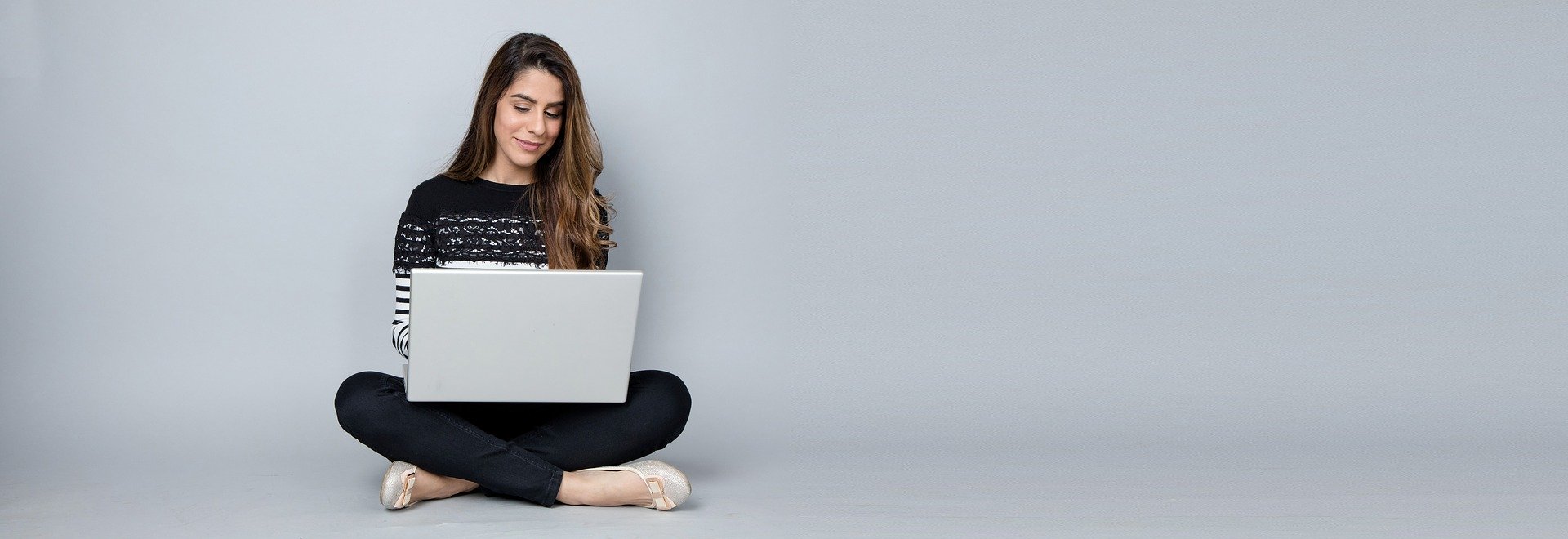Mastering Sleep Hygiene: Tips for Optimal Rest and Recovery
Achieving and maintaining good sleep hygiene is essential for optimal rest and recovery. Here are some tips to help you master your sleep hygiene:
- Establish a Consistent Sleep Schedule: Go to bed and wake up at the same time every day, even on weekends, to regulate your body’s internal clock.
- Create a Relaxing Bedtime Routine: Develop a calming pre-sleep routine, such as reading, taking a warm bath, or practicing meditation, to signal to your body that it’s time to wind down.
- Optimize Your Sleep Environment: Ensure your bedroom is dark, quiet, and cool. Consider using blackout curtains, earplugs, or a white noise machine to create an ideal sleep setting.
- Limit Exposure to Screens Before Bed: Reduce screen time at least an hour before bedtime. The blue light from phones, tablets, and computers can interfere with your ability to fall asleep.
- Be Mindful of Your Diet: Avoid large meals, caffeine, and alcohol close to bedtime. These can disrupt sleep and affect the quality of your rest.
- Stay Physically Active: Regular physical activity can help you fall asleep faster and enjoy deeper sleep. However, avoid vigorous exercise close to bedtime.
- Manage Stress and Anxiety: Engage in stress-reducing activities during the day, such as yoga, deep breathing exercises, or journaling, to help calm your mind before bed.
- Limit Naps: If you need to nap, keep it short (20-30 minutes) and avoid napping late in the afternoon to prevent it from interfering with your nighttime sleep.
- Seek Natural Light Exposure: Spend time outside during daylight hours to help regulate your sleep-wake cycle.
- Use Your Bed for Sleep Only: Reserve your bed for sleep and intimacy, avoiding activities like watching TV or working, to strengthen the association between bed and sleep.
By following these tips, you can enhance your sleep hygiene and achieve better rest and recovery, leading to improved overall health and well-being.



